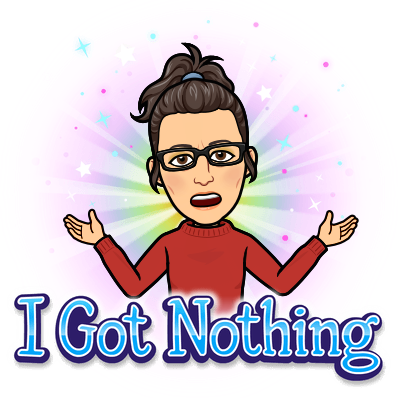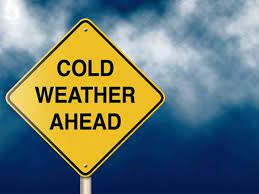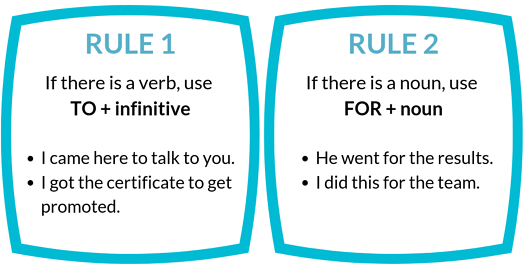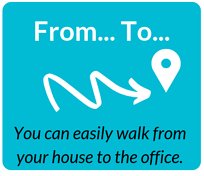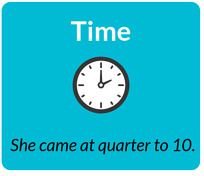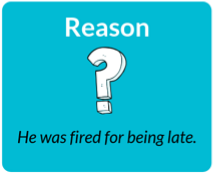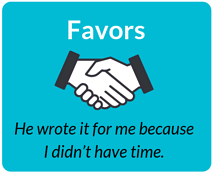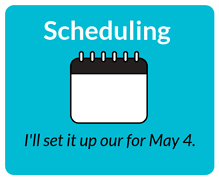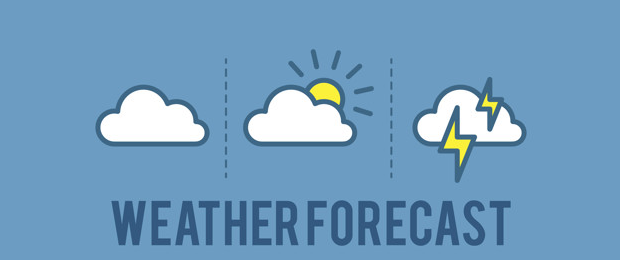
Have you ever noticed how people seem to love talking about the weather? Whether (same pronunciation;-) they’re standing in the grocery checkout line or meeting new people at a party, the weather is quite a popular conversation starter.
Even at more formal occasions, like business meetings or other professional settings, the weather is a popular topic for small talk.
That might be because the weather is often different from day to day and from place to place, making it a relevant subject for everyone.
To carry on these conversations, you will need many words and expressions that you can learn from this What’s the weather like? introductory lesson, and from the more advanced ones: Weather expressions and Cold weather.
So first, what does weather forecast mean?
weather forecast
a description of what the weather is likely to be for the next day or few days.
Now listen carefully to the following two videos. The first one teaches the more basic vocabulary. The second video shows a more advanced vocabulary. Notice the verbs and verb tenses used. Make notes of them.
Now, just like letters build words, we need to combine words to build sentences, which are thoughts, ideas, and stories. Sentences build language. Without sentences, there’s no real communication.
So that’s how we can combine the word forecast:
FORECAST + VERB
- says something
- predicts something
- suggests something
- calls for something
The following are all possible structures:
- Did you listen to the weather forecast?
- The weather forecast is good for today.
- The weather forecast is not always reliable.
- The weather forecast says it will be fine tomorrow.
- The weather forecast says there will be rain.
- The forecast says it will begin to rain tonight.
- The weather forecast says it’s going to rain tomorrow.
- The weather forecast said that it would rain this afternoon, but it didn’t.
- The weather forecast said rain, so take your umbrella when you go out.
- The weather forecast was right.
- What’s the forecast for tomorrow?
- What’s the weather forecast for tomorrow?
- Now it’s time for the weather forecast.
- The weather forecast predicts it will be cooler tomorrow.
- The long-range forecast suggests we will have a mild winter.
- The weather forecast calls for light rain tonight.
- The forecast didn’t call for rain.
- It will snow tomorrow according to the weather forecast.
- According to the weather forecast, it will clear up tomorrow.
- According to the weather forecast, there’ll be more rain on the way.
- According to the weather forecast, the hurricane is likely to approach the coast.
- The weather forecast warned of winds of up to 60-miles-an-hour today.
- You can also get the weather forecast by the Internet.
- Rain is forecast for this evening.
- Tom does a pretty good job of forecasting the weather.
If you want more work on the weather forecast, listen to this lesson and answer the questions to practice and improve your listening skills.

